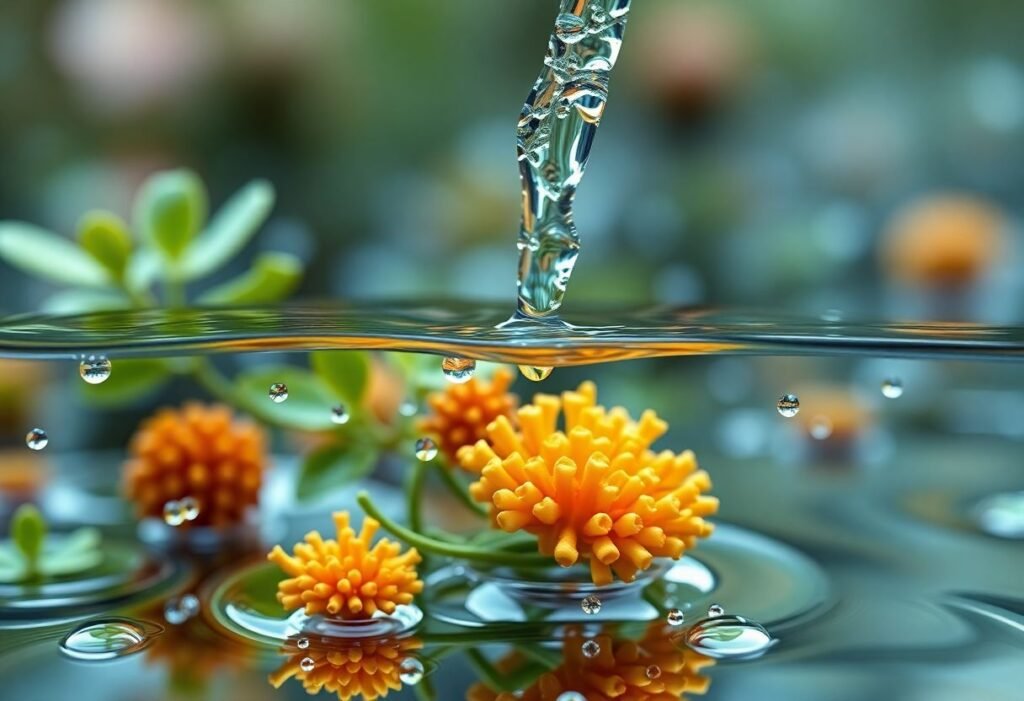Innovations in biotechnology have the potential to revolutionize water purification processes, making clean water accessible to millions. As global water scarcity becomes a pressing issue, the need for advanced purification technologies has never been greater. This article explores the latest advancements in biotechnological methods for water treatment and their implications for sustainability.
Biological Filtration Techniques
One of the most significant innovations in biotechnology for water purification is the development of biological filtration techniques. These methods utilize naturally occurring microorganisms to break down harmful contaminants in water. By promoting the growth of beneficial bacteria and algae in treatment systems, biological filtration not only cleans the water but also minimizes the use of harsh chemicals. This eco-friendly approach contributes to sustainable water management and shows how nature can be harnessed to solve modern problems.
Molecular Technology for Contaminant Removal
Advanced molecular technologies have emerged as powerful tools in the realm of water purification. Innovations such as nano-biofilters integrate nanotechnology with biological agents to target and remove contaminants at a molecular level. These systems offer high efficiency in filtering out pollutants, including heavy metals and pathogens, ensuring the production of safe drinking water. The precision of molecular filtration marks a significant leap forward in water treatment technology, addressing specific contamination issues more effectively than traditional methods.
The Role of Genetically Modified Organisms
Another promising avenue in biotechnology for water purification is the use of genetically modified organisms (GMOs). Researchers are developing GMOs designed to absorb or neutralize toxic substances in water. For example, certain plants have been engineered to take up heavy metals more efficiently. This innovative approach not only helps detoxify polluted water bodies but also highlights the potential of biotechnology in environmental cleanup. Such techniques can play a crucial role in the remediation of industrial sites and other contaminated environments.
Microbial Fuel Cells in Water Purification
Microbial fuel cells (MFCs) represent an exciting innovation in the dual role of energy generation and water purification. These systems use bacteria to convert organic waste into energy while simultaneously treating wastewater. The process not only purifies the water but also generates electricity, making it a sustainable solution for decentralized water treatment. MFC technology is increasingly seen as a cornerstone of future biotechnological applications in the renewable energy-water nexus.
Biopolymers for Enhanced Purification
The use of biopolymers in water treatment systems offers another layer of innovation. Biopolymers, such as chitosan derived from crustacean shells, can effectively remove impurities and pathogens from water. They are biodegradable and non-toxic, making them an excellent alternative to synthetic filtration media. The natural properties of these biopolymers not only enhance purification efficiency but also contribute to environmentally friendly practices in water treatment.
The Future of Biotechnology in Water Sustainability
Looking ahead, the future of biotechnology in water purification is bright, driven by relentless innovation and research. The collaboration between scientists, engineers, and policy-makers will ensure that these biotechnology innovations are adopted and scaled effectively. Investing in these technologies is essential for achieving sustainable water management and safeguarding water resources for future generations. As we face increasing challenges related to water quality and availability, such innovations will be pivotal in creating a secure water future for all.
Disclaimer: This article is for informational purposes only and should not be considered as professional advice.





















